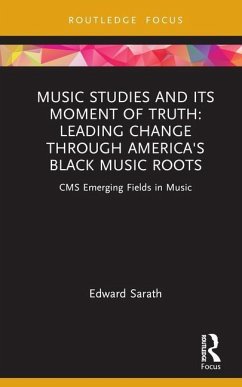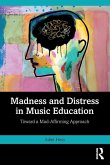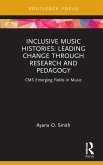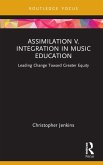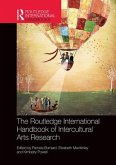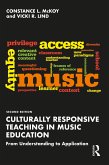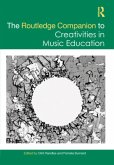Music Studies and Its Moment of Truth: Leading Change through America's Black Music Roots presents a new framework for racial justice discourse in the context of music studies and education. Centering on Black American Music, the book issues challenges to both the conventional music studies paradigm and decades-old reform efforts.
While Black American Music ranks high among America's contributions to world culture, and offers musicians powerful tools for musical practice and understanding, this musical legacy remains remarkably marginalized even in activist conversations. The author argues that this reflects lingering and unexamined racist patterns that persist even among the most fervent voices for anti-racist interventions, and addresses the need for a higher-order activist framework within music studies.
Delving further into the transformative changes needed to pursue racial justice, the short pieces collected in this book discuss topics including a shift from multicultural ideology to a transcultural model of musical pluralism, analysis of the multi-tiered nature of musical racism, the whitewashing of music studies activism, K-12 music teacher education as the locus for paradigmatic change and the potential for a transformed model of music studies to catalyze an overarching revolution in creativity and consciousness in both education and society at large. Critiquing the failures of progressive reform efforts and conventional reaction, this book argues that major changes are needed to the discourse on racism in music studies, and envisions new paradigms for the future.
While Black American Music ranks high among America's contributions to world culture, and offers musicians powerful tools for musical practice and understanding, this musical legacy remains remarkably marginalized even in activist conversations. The author argues that this reflects lingering and unexamined racist patterns that persist even among the most fervent voices for anti-racist interventions, and addresses the need for a higher-order activist framework within music studies.
Delving further into the transformative changes needed to pursue racial justice, the short pieces collected in this book discuss topics including a shift from multicultural ideology to a transcultural model of musical pluralism, analysis of the multi-tiered nature of musical racism, the whitewashing of music studies activism, K-12 music teacher education as the locus for paradigmatic change and the potential for a transformed model of music studies to catalyze an overarching revolution in creativity and consciousness in both education and society at large. Critiquing the failures of progressive reform efforts and conventional reaction, this book argues that major changes are needed to the discourse on racism in music studies, and envisions new paradigms for the future.

